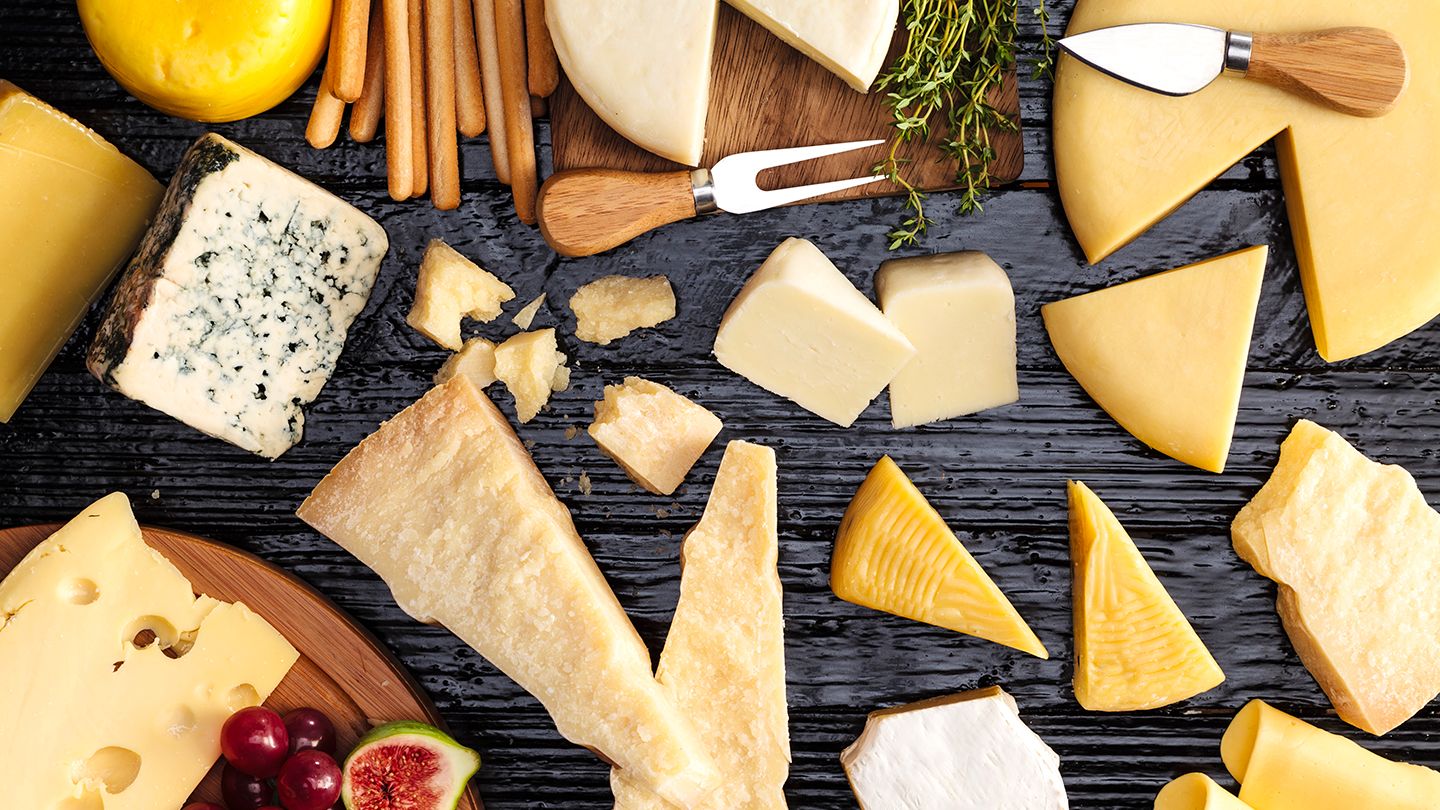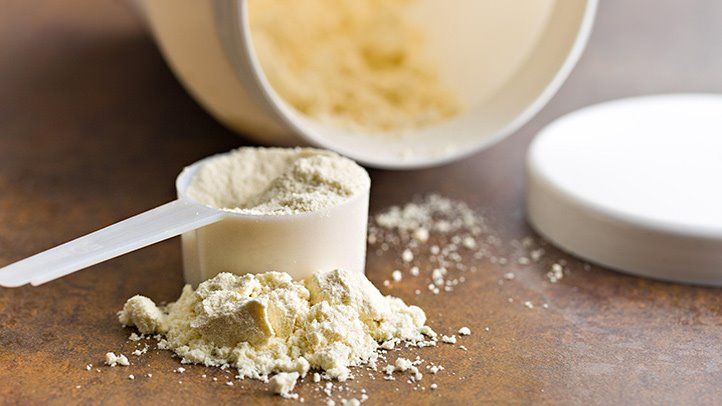An Overview of the Keto Diet
The ketogenic or "keto" diet has become an incredibly popular way of eating over the past few years. This high-fat, low-carb diet aims to put the body into a state of ketosis, where it is burning fat for energy rather than glucose from carbohydrates.
On the keto diet, typically 75% or more of daily calories come from fat. Protein makes up about 20% of calories, while carbs are restricted to just 5-10% of daily intake. This dramatic reduction in carbohydrates puts the body into ketosis within a few days.
There are many proposed benefits to following a ketogenic diet. These include weight loss, reduced appetite, improved mental focus and decreased insulin levels. The diet has also been used therapeutically for conditions like epilepsy.
Common Side Effects of the Keto Diet
While many people thrive on keto, the diet does come with some potential side effects, especially when first starting out. These can include:
- Keto flu - Feeling tired, achy and nauseous as the body adapts to ketosis.
- Constipation - From lack of fiber and inadequate hydration.
- Bad breath - Caused by the production of ketones.
- Headaches - From low blood sugar as the body adapts to running on fat.
- Poor exercise performance - It can take several weeks to adapt to using fat for fuel.
Most of these issues resolve within a few weeks as the body becomes keto-adapted. Making sure to get enough fluid, electrolytes and fiber can also help minimize side effects.
Fiber and the Keto Diet
One of the biggest concerns on keto is constipation from the drop in fiber intake. Fiber comes from plant foods like vegetables, fruits, nuts, seeds and beans.
On keto, starchy vegetables, fruits, beans and grains are restricted or eliminated. For people who got much of their daily fiber from these foods, the diet can cause digestive issues.
Why Fiber Matters
Fiber is the indigestible part of plant foods. Though we cannot break it down, fiber plays several crucial roles for digestive health:
- Adds bulk to stool to prevent constipation.
- Slows digestion and helps control blood sugar.
- Provides prebiotics to feed healthy gut bacteria.
- Reduces cholesterol and heart disease risk.
Without adequate fiber, the keto diet can disrupt normal bowel function. Constipation, bloating, hemorrhoids and other issues can occur.
How Much Fiber on Keto?
On keto, carbs and fiber intake will be lower than a standard diet. However, most experts recommend getting at least 15-20 grams of fiber per day.
Focusing on low-carb, high-fiber vegetables, nuts, seeds and certain fruits can help meet this goal. Supplements like psyllium husk powder or methylcellulose can also boost your daily fiber intake.
The Best Keto-Friendly High Fiber Foods
Here are some of the top high-fiber foods to enjoy on keto:
1. Avocados
Avocados are a keto superfood. Theyre loaded with healthy fats and fiber with only 2 net carbs per fruit.
One medium avocado contains 11 grams of fiber, meeting nearly half your daily needs.
2. Chia Seeds
These tiny seeds pack 10 grams of fiber in just 1 ounce. They can be soaked in liquid to make pudding, added to smoothies or sprinkled on yogurt.
3. Flaxseeds
Flax is another great way to increase daily fiber intake. Each tablespoon of whole flaxseeds contains 3 grams of fiber.
4. Nuts
Almonds, walnuts, pecans and macadamia nuts are all low in carbs with 2-3 grams of fiber per ounce.
5. Coconut
Dried coconut is made of fiber. Youll get 5 grams per ounce along with healthful medium-chain triglycerides.
6. Chia Seeds
These tiny seeds pack 10 grams of fiber in just 1 ounce. They can be soaked in liquid to make pudding, added to smoothies or sprinkled on yogurt.
7. Flaxseeds
Flax is another great way to increase daily fiber intake. Each tablespoon of whole flaxseeds contains 3 grams of fiber.
8. Leafy Greens
Spinach, kale, collards, swiss chard and other leafy greens provide 2-4 grams of fiber per cooked cup.
9. Broccoli and Cauliflower
These cruciferous veggies contain 2-3 grams of fiber per cup cooked. Theyre more digestible when cooked soft.
10. Asparagus
In addition to vitamin K and antioxidants, asparagus offers 2 grams of fiber per cup.
11. Green Beans
At just 4 grams of carbs and 2 grams of fiber per cup, green beans are a great non-starchy vegetable choice.
12. Berries
Blueberries, raspberries and blackberries provide 4 grams of fiber per cup. Be mindful of portions when eating fruit.
Other Tips to Ease Constipation on Keto
Achieving adequate fiber intake can go a long way to prevent constipation on keto. However, other strategies can also help keep your digestive system regular:
- Drink plenty of fluids. Aim for at least eight 8-ounce glasses of water daily.
- Add more fat to meals. This helps soften stools.
- Exercise regularly to support healthy bowel function.
- Try magnesium supplements or epsom salt baths to reduce constipation.
- Consider probiotic supplements to support gut health.
- Slowly increase fiber to allow the digestive system to adjust.
Using Psyllium Husk on Keto
Psyllium husk is a type of soluble fiber derived from the Plantago ovata plant. When mixed with water, it forms a gel-like substance that helps move waste smoothly through the colon.
Many people find psyllium husk powder helps relieve constipation on keto. It can be taken alone mixed with water or added to low-carb smoothies or protein shakes.
Psyllium Husk Tips:
- Start with 1 teaspoon per day and slowly increase to avoid gas or bloating.
- Drink plenty of water when taking psyllium husk to prevent choking.
- Buy pure psyllium husk rather than heavily flavored Metamucil products.
Since psyllium husk powder contains mostly soluble fiber, its important to also get insoluble fiber from vegetables, nuts and seeds.
Potential Drawbacks of Low-Fiber Diets
Eating too little fiber over the long-term can increase the risk for certain health conditions. Potential issues include:
- Constipation and bowel obstruction.
- Hemorrhoids
- Diverticulitis
- Poor blood sugar control
- Weight gain
- High cholesterol
- Colorectal cancer
Thats why
Disclaimer: This article is for informational purposes only and does not constitute medical advice. Always consult with a healthcare professional before starting any new treatment regimen.
Related Coverage
Eggs contain less than 1 gram of net carbs, making them keto-friendly. Learn about the nutrition facts, health benefits, and the best ways to eat eggs on a ketogenic diet....
When following a keto diet, choose low-net carb squash varieties like spaghetti, butternut, pumpkin, zucchini, yellow and acorn squash to boost nutrition without disrupting ketosis....
Learn exactly how many carbs are in cottage cheese per serving. Get tips for adding low carb cottage cheese to keto & low-carb meal plans....
Learn about cottage cheese nutrition facts including macros, calories, and weight loss benefits. Get ideas for incorporating it into meals and snacks....
Following a vegetarian keto diet presents unique snack challenges. Discover nutritious and delicious no-cook snacks plus 5 easy snack recipes perfect for vegetarian keto eaters....
Learn about the health benefits of low fat mozzarella cheese including lower calories, fat and good source of protein and calcium. Get tips for buying and using....
Enjoy the taste of Texas toast on a keto diet by making easy keto bread recipes with almond flour, butter, and other high fat, low carb ingredients. Learn how to toast or bake keto Texas toast....
With carb counts impacting ketosis, understanding champagne's sweetness spectrum from brut (dry) to doux (sweet) allows informed enjoyment within keto diet guidelines....
What are the potential benefits of exogenous ketone supplements? Read an ingredient analysis and Usage tips for the popular Prüvit Fuel BHB product for supporting ketosis....
Egg whites contain zero net carbs while providing protein, making them easily keto-friendly. Learn whether they offer the same benefits as whole eggs on low-carb diets....









